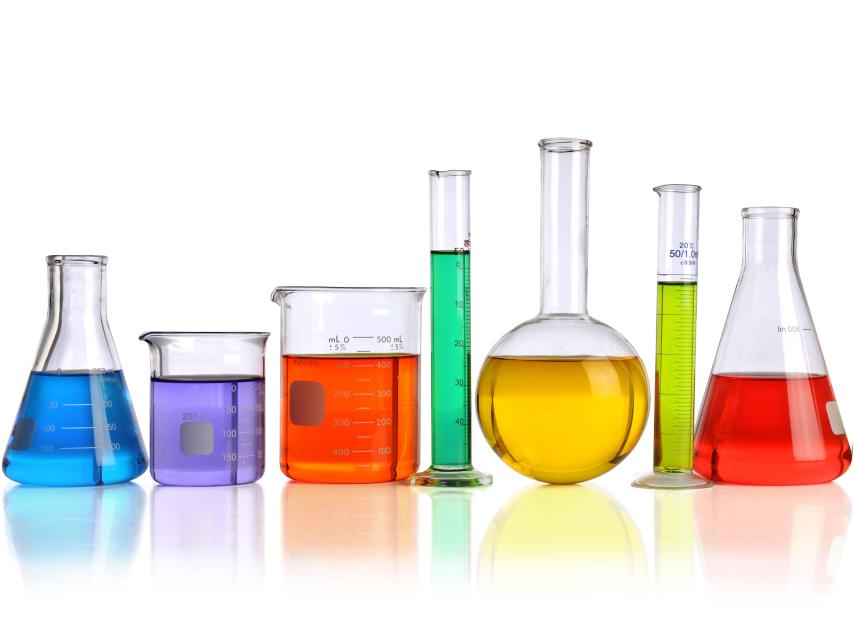Medical Device Inorganic Salt Extractables
In the medical device industry, ensuring product safety and compliance with regulatory standards is paramount. One critical aspect of this is the evaluation of inorganic salt extractables from medical devices. These tests are essential to identify potentially harmful substances that could leach out during use or storage. This service focuses on extracting inorganic salts from various types of medical devices, analyzing them for their composition and concentration.
The process begins with selecting the appropriate solvent based on the device's material type and intended use. Common solvents include water, ethanol, and phosphate buffered saline (PBS). The specimen is then immersed in this solvent under controlled conditions to ensure that it simulates real-world exposure as closely as possible. After extraction, the solution is filtered, dried, and subjected to various analytical techniques.
The analysis typically involves instrumental methods such as Inductively Coupled Plasma Mass Spectrometry (ICP-MS) or Flame Atomic Absorption Spectroscopy (FAAS), which provide high sensitivity and accuracy in quantifying the inorganic salts present. The results are used to determine whether the concentrations of these salts fall within acceptable limits set by regulatory bodies like the U.S. Food and Drug Administration (FDA).
Understanding the potential risks associated with inorganic salt extractables is crucial for manufacturers and regulators alike. By identifying which elements and compounds may be present, we can assess their impact on patient safety and take necessary actions to mitigate any identified risks.
| Standard | Description |
|---|---|
| ISO 10993-12:2018 | Evaluation of leachables and extractables from medical devices. |
| ASTM F717-15 | Determination of inorganic salts in plastic materials used in contact with pharmaceutical products. |
Applied Standards
- ISO 10993-12:2018 - This international standard provides guidance on the evaluation of leachables and extractables from medical devices, including inorganic salts.
- ASTM F717-15 - This American Society for Testing and Materials (ASTM) standard focuses specifically on determining the concentration of inorganic salts in plastic materials that come into contact with pharmaceutical products.
Why Choose This Test
- Potential health risks associated with leachable substances are minimized.
- Compliance with regulatory requirements ensures product safety and market access.
- The use of advanced analytical techniques provides accurate data, enhancing trust in the final product.
Use Cases and Application Examples
| Application | Description |
|---|---|
| Biomaterials | Evaluating inorganic salts that could potentially interact with biological systems. |
| Plastic components | Determining the presence of harmful elements in plastic parts used in medical devices. |





